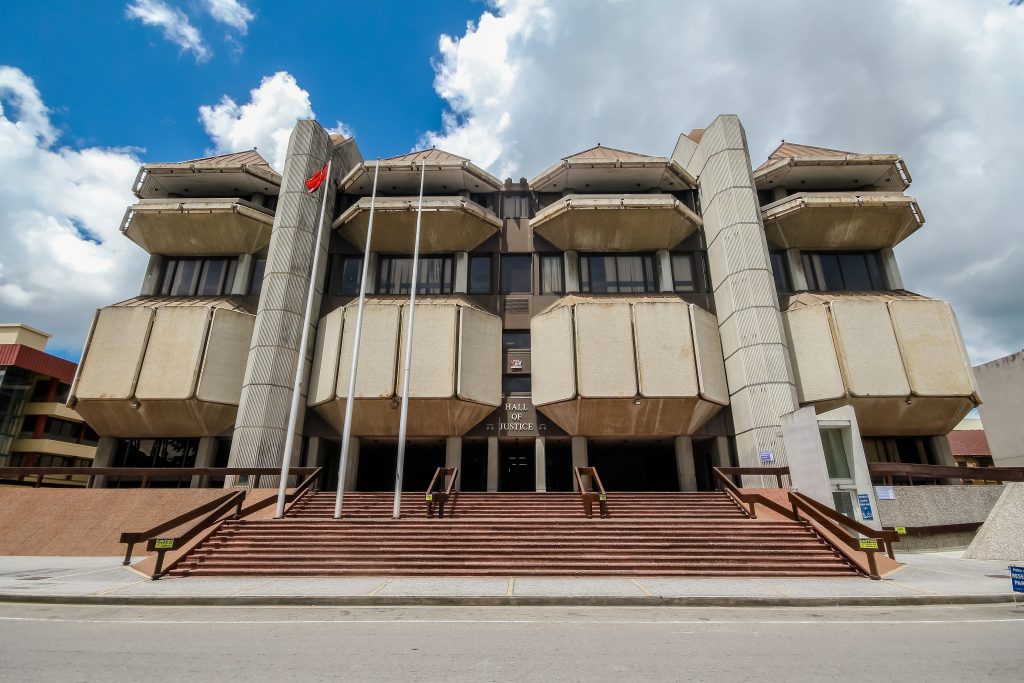Lawyers get permission to challenge CJ's trial policy

A group of attorneys have received the High Court’s permission to pursue a judicial review claim of practice directions issued by Chief Justice Ivor Archie under the Criminal Procedure Rules 2016.
Justice Joan Charles granted leave to criminal defence attorneys Wayne Sturge and attorneys Mario Merritt, Danielle Rampersad and Joseph Sookoo, who represent an accused man before the High Court.
She said the application had established an arguable case with a realistic prospect of success that the CJ’s practice direction was ultra vires the CPR 2016 and unconstitutional and illegal.
In their challenge, the lawyers argued that the practice direction on pre-trial defence disclosure interferes with an accused person’s right to silence and their fair-trial rights. The lawyers also contended that the practice direction, dated December 14, 2017, sought to bypass parliamentary scrutiny and was mandatory in nature.
In her ruling, Charles said the requirement under the practice direction for an accused person to submit a defence statement after disclosure by the prosecution has been completed represented a marked departure from what was required of an accused person during a criminal trial.
“It would seem that such a significant change in the law should, at the very least, have parliamentary oversight," she commented. “Whilst the court has powers to regulate its own procedure, in my view, the taking away of the right to silence of an accused person would appear to be outside the court’s power to regulate its own procedure.”
The judge added that she agreed that the right to silence formed part of the due process provision and right to protection of the law as set out by the Constitution. She said the Parliament could not, directly or indirectly, deprive a person of their rights and that no law could abrogate, abridge or infringe on any constitutional right.
According to the lawyers, the practice direction does not form part of the new CPR 2016, which came into force on April 18, 2017. They said any rules of court made by the Rules Committee were subject to negative resolution of Parliament and although the CJ was empowered to issue practice directions, those he gave in December contravened an accused’s right to silence.
The lawyers also said it was unconstitutional to create a sanction for failure to comply with the practice direction or to force a defendant to disclose his defence.
The attorneys represent Garth O’Brien, who is before the court on a criminal charge.
Attorney Keith Scotland appeared for the Chief Justice.


Comments
"Lawyers get permission to challenge CJ’s trial policy"